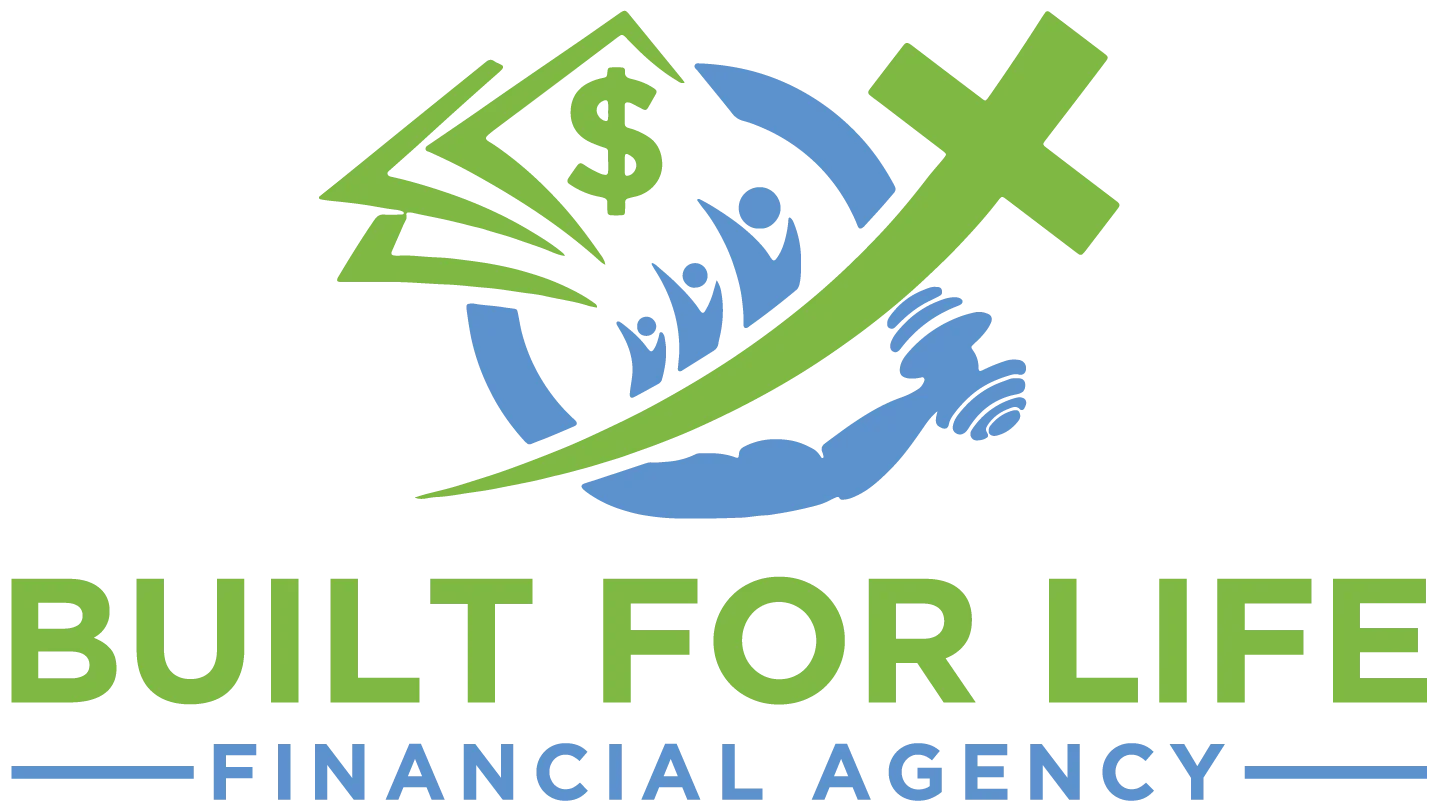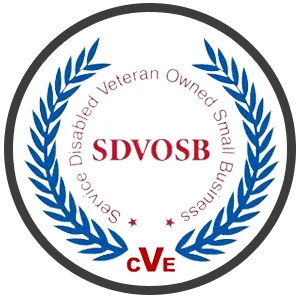April is National Financial Literacy Month—a perfect time to learn more about how to make smarter financial decisions for yourself and your loved ones. One topic that doesn’t get nearly enough attention? Life insurance. Most people know it’s important, but many don’t understand how it actually works or how to choose the right kind.
Whether you already have coverage or are just starting to explore your options, here are five foundational things everyone should know about life insurance:

1. There’s More Than One Type
Not all life insurance policies are created equal. The two main categories are term life and permanent life. Term policies provide coverage for a set period—usually 10, 20, or 30 years—and tend to be more affordable. Permanent policies, such as whole life or indexed universal life (IUL), stay in place for your entire life and often build cash value over time. The key is finding the right fit for your goals and budget.
2. It’s Not Just About the Death Benefit
While many people think life insurance is only for final expenses or replacing lost income, that’s just the beginning. Certain policies offer living benefits, allowing you to access funds in the event of a serious illness or medical emergency. And permanent policies like IULs can be used to build wealth, supplement retirement income, or even help fund a child’s education—all while providing protection.
3. Your Employer’s Policy Might Not Be Enough
Many people believe they’re covered simply because they have life insurance through their job. But most employer-sponsored policies are limited and don’t move with you if you change jobs. Having your own personal policy ensures you have consistent, reliable coverage—no matter where your career takes you.
4. It’s More Affordable Than You Might Think
One of the biggest myths about life insurance is that it’s too expensive. In reality, coverage can be surprisingly affordable—especially if you’re younger and healthy. The longer you wait, the more you may pay, so locking in a policy early can save you significantly over time.
5. It’s a Key Part of Any Financial Plan
Life insurance isn’t just a safety net—it’s a strategy. Whether your goals include protecting your family, building tax-efficient savings, or leaving a legacy, the right policy can help you get there. Financial literacy means knowing how tools like life insurance fit into your overall picture—not just for emergencies, but for long-term planning.
Let’s Talk About Your Plan
This month, take time to boost your financial literacy and make sure you’re not overlooking one of the most powerful tools available. If you have questions or want to explore your options, let’s schedule a time to connect. I’ll help you understand your choices and find a policy that supports your goals—today and into the future.
Financial literacy starts with simple steps. This April, let’s take one together.











